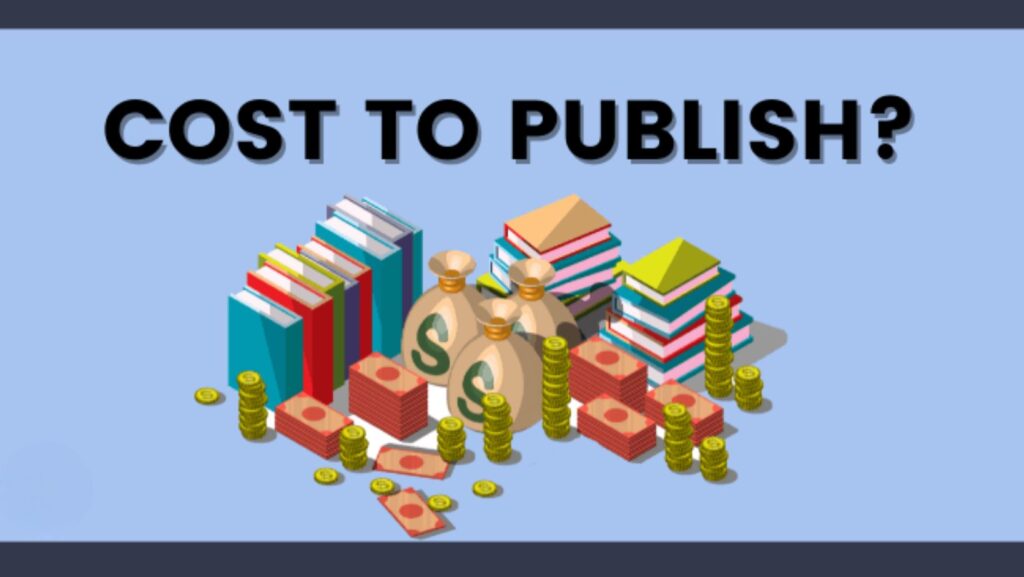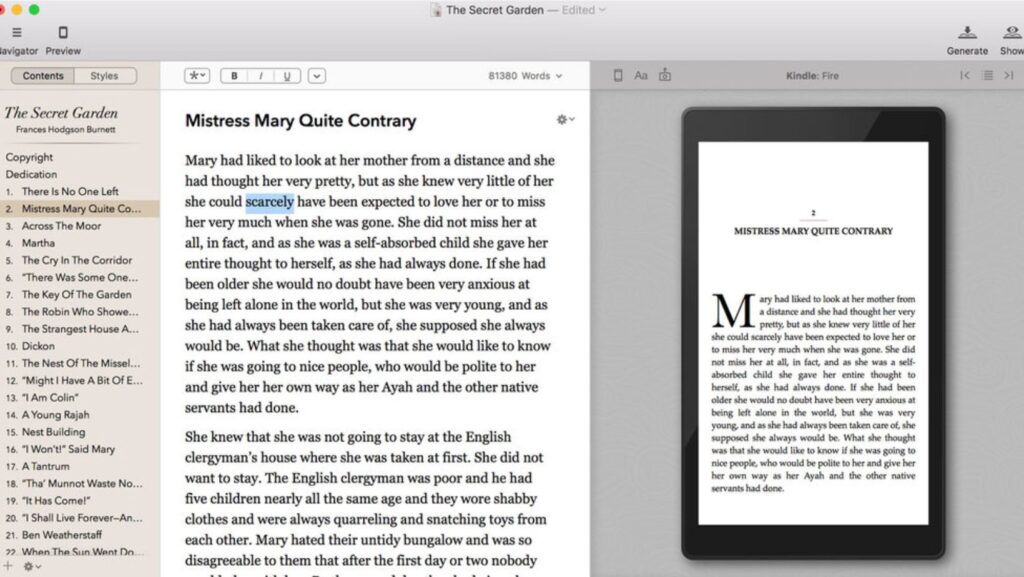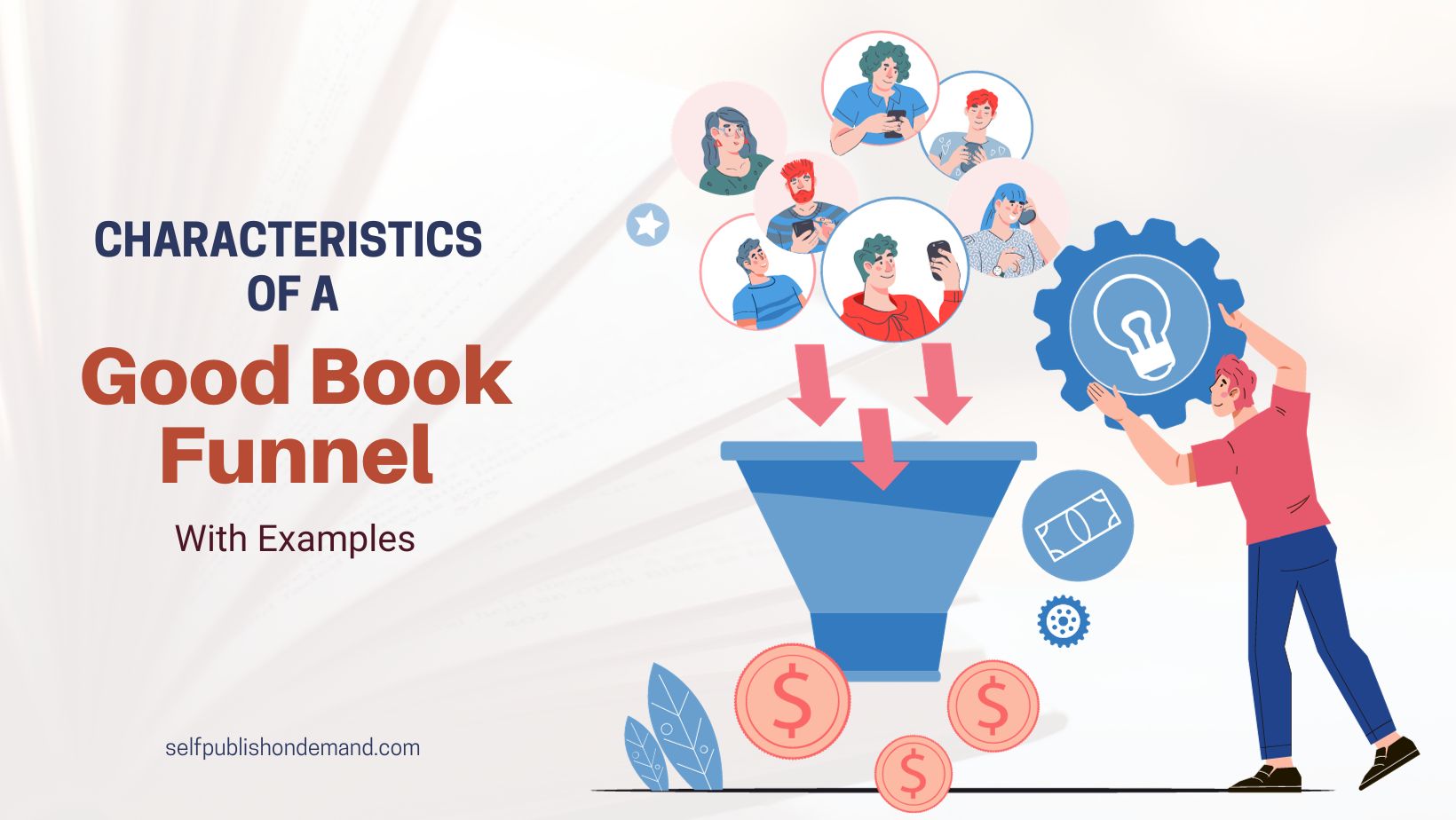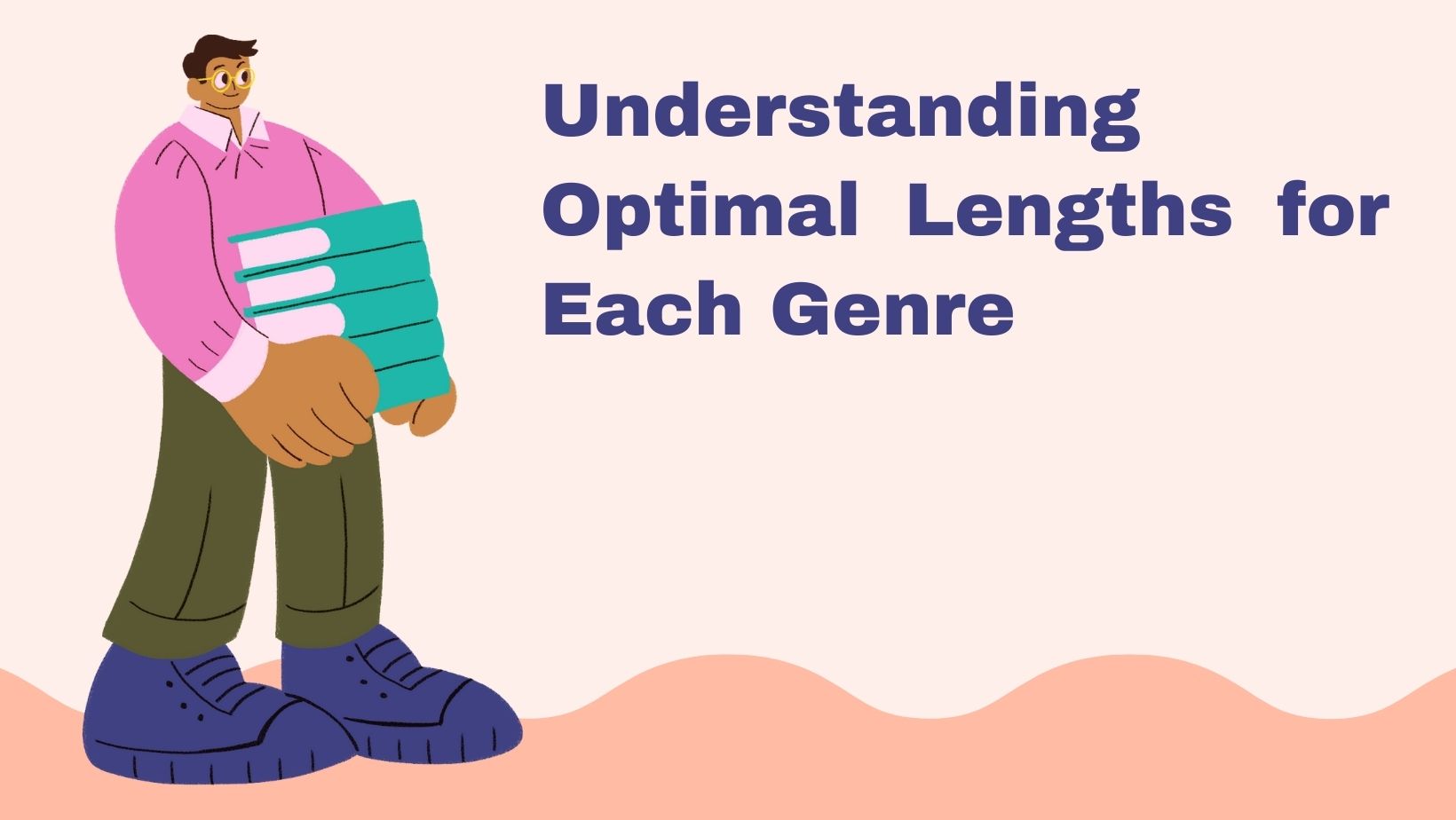If you’re new to the world of writing and publishing, it’s natural to be curious about the Expenses of Publishing A Book. While it’s a complex question with various factors to consider, delving into the different elements that contribute to book publishing expenses.
In our discussion, we arrived at the general estimate of the Expenses of Publishing A Book anywhere between $5,000 and $10,000 to publish their book. To understand how we reached this range, let’s explore the key factors influencing the total cost.
Table of Contents

Factors that Contribute to the Total Expenses of Publishing A Book
Not all books are alike, and factors such as genre, length, and target audience have an impact on publishing costs.
Publishing a 32-page children’s book, for instance, will differ in cost from publishing a 300-page romance novel.
The main categories of Expenses of Publishing A Book include
- Author software costs
- Editing costs
- Illustration and image costs
- Formatting costs
- Book marketing costs
Let’s examine each category in detail to gain a better understanding of the Expenses of Publishing A Book involved in publishing your book.
Author Software Costs:$250
The first category we’ll explore is the cost of software. Numerous software options are available to authors, facilitating the writing and publishing process and saving time.
While it’s possible to find free options, it’s important to recognise that investing in software can be beneficial for authors. These tools not only save time, but also enhance productivity and increase potential earnings.
Let’s take a closer look at various types of author software, including both free and paid versions:
Word Processors
Starting with a word processor for writing your book. Free options like Google Docs, Microsoft Word, and Pages are viable choices.
However, if you’re willing to invest a little to streamline your writing and enjoy advanced organisational tools (particularly helpful for fiction writers), consider Scrivener ($49).
As inspiration can strike at any moment, to carry notebooks with them wherever they go.
Note-Taking Software,
such as the Notes application on computers and phones, can serve as convenient notepads. Additionally, several optional paid tools, including
This syncs across devices, allowing you to seamlessly continue your writing on your phone, tablet, or computer.
Grammar Tools
By understanding the various Expenses of Publishing A Book, you can better anticipate the costs associated with your own publishing journey.
In addition to writing and note-taking, many authors find it beneficial to utilise grammar and spelling aids. Two popular tools: Pro-Writing Aid ($60 per year) and Grammarly ($15 per month).
It’s important to note that, while these tools are helpful, they should not replace the need for an editor. They serve as smart choices for all authors.
Market Research Tools
Tools are also valuable in understanding the book market. Frequently uses Publisher Rocket ($97) to research book categories and keywords, gaining insights into popular niches and successful trends on platforms like Amazon.
It’s crucial to write a book that aligns with readers’ interests and demands to ensure its marketability.
Variable Editing Costs
Editing is a vital step in the writing process, and emphasises its importance. She has encountered authors who regretted publishing their books without the assistance of an editor.
The cost of editing varies depending on the type of editing required, which typically includes
- Editorial Assessment
- Developmental Editing
- Copy or Line Editing
- Proofreading
These types of edits can cost between 1.5 and 3 cents per word. For example, editing an 80,000-word book may cost around $1,500 for line editing or editorial assessment, $1,200 for proofreading, and $2,200 for developmental editing.
The specific editing needs vary for each author, and most authors require both line editing and proofreading.
While editing Expenses of Publishing A Book may seem high initially, the value that professional editors bring to the final quality of the book makes them worth the investment.
Illustrations
Photography and image costs are significant considerations for authors. Book covers play a crucial role in capturing readers’ attention.
While some authors design their own covers, hiring professional illustrators through platforms like Fiverr or Upwork or using services like 99 Designs is recommended. The average cost for a book cover design is around $700.
Illustration and image costs can vary based on the type and complexity of the design. For children’s books, individual illustrations can range from $100 to $150. Additionally, authors should consider professional headshots for the back of their book, with costs typically ranging from $500 to $1500.
Each author’s preferences and needs will determine the specific costs in this area.
Formatting

It can be done independently by authors, and there are several free formatting software options available, such as
Some publishers also accept Word or PDF documents, particularly if the formatting has been done using the “styles” feature. Formatting includes elements like fonts, chapter headings, styles, drop capitals, and other details that contribute to the book’s appearance.
If authors choose to purchase formatting author software, costs can range from $0 to $650.
Indexing
Indexing, which involves creating a reference sheet for readers to easily locate specific topics in a book, may not be necessary for all books.
Fiction books typically don’t require indexing, but nonfiction books with extensive references and details benefit from it. The average cost of indexing is around $400.
Understanding the various costs associated with grammar aids, market research tools, editing, illustrations and images, formatting, and indexing will assist authors in budgeting appropriately and ensuring a professionally published book.
Legal, Tax, Business Costs
Legal, tax, and business costs in the publishing industry can vary depending on the specific needs of authors.
Copyrights and trademarks have gained increasing importance, and many authors choose to purchase International Standard Book Numbers (ISBNs) for their books, allowing worldwide accessibility. An individual ISBN typically costs around $100. For authors with multiple books, packages of ISBNs are available on platforms like Bowker.com, ranging from $400 to $600.
Authors also need separate ISBNs for different formats of their book, such as audiobook, ebook, and paperback versions.
If authors opt for self-publishing instead of working with a publisher, they may consider using an imprint name instead of their own. Imprints are trade names used by publishing companies and can add a layer of professionalism to an author’s business.
Designing a logo for the imprint name may cost an average of $300 if outsourced, but authors can also create the logo themselves if they possess artistic skills.
Creating an imprint name involves steps like
- Choosing a name
- Conducting research
- Registering the name
- Obtaining a business license
- Obtaining a sales tax permit
Hiring a trademark attorney to protect the imprint name and business can be beneficial, with costs typically starting at a minimum of $500.
As authors experience success in their businesses, it may be advisable to establish a Limited Liability Company (LLC) to protect their interests, particularly if their business generates over $50,000 per year. Self-employment taxes should also be considered in such cases.
Book Marketing Costs

Allocating one-third of the publishing budget for online advertising. Various paid services and platforms, including
You can help authors reach their target audience. Creating a dedicated website domain and author email marketing service is another avenue for book promotion, and services like AuthorBytes can assist authors in setting up and managing these aspects.
Indexing Costs
Indexing is not always necessary and is primarily employed for books with numerous references and intricate details. For example, a work of fiction is unlikely to require indexing.
Indexing costs are relevant for books containing extensive references and details. Nonfiction books often require an index, which can average around $400.
Summary
The costs involved in publishing a book include
- Author software costs ($250)
- Editing costs (variable, ranging from $5000 for an 80,000-word book),
- Illustrations and image costs ($0-$1700)
- Legal costs ($100-$900)
- Formatting costs ($0-$650)
- Book marketing costs (variable, with recommending one-third of the total budget)
Estimates that the overall expense of publishing a book can range from $5,000 to $10,000, with editing and book marketing being the most significant Expenses of Publishing A Book.
Factors such as genre, target audience, and word count influence the overall publishing cost. As authors gain experience, costs can potentially decrease, especially regarding fixed costs, editing, and marketing, as authors become more proficient in handling these aspects themselves.



